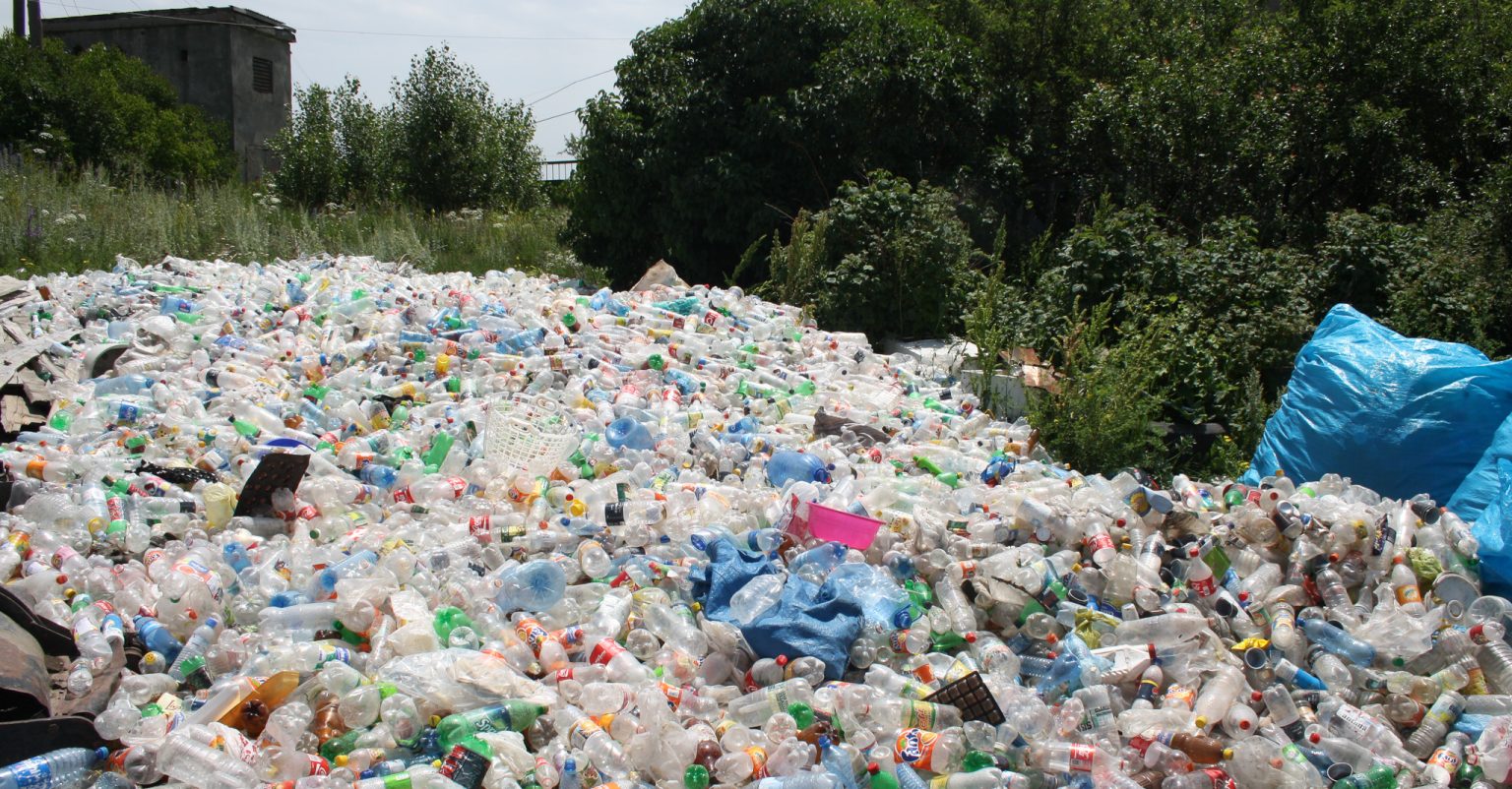The Lagos State Government has declared the full enforcement of a statewide ban on Single-Use Plastics (SUPs), effective from Monday, July 1, 2025.
Commissioner for the Environment and Water Resources, Mr. Tokunbo Wahab, disclosed during a press briefing at the ministry’s headquarters in Alausa, Ikeja. He said that anyone found violating the ban would be prosecuted under existing environmental laws.
According to Wahab, the government had allowed an 18-month grace period for residents, producers, and vendors to shift to more environmentally friendly alternatives before moving to full enforcement.
“The decision to ban Single-Use Plastics in Lagos was not arbitrary. It was an existential one, influenced by multiple factors,” Wahab said. He pointed out that Lagos, with a land area of just 3,575 square kilometres—Nigeria’s smallest—hosts about 10% of the country’s population. “That alone is a recipe for environmental crisis,” he warned.
Wahab also recalled the earlier ban on styrofoam in 2024, noting that the government had been transparent about phasing out all SUPs within a year. “We did not just wake up whimsically and choose to ban styrofoam food packs in 2024. We had always stated that within the next 12 months, all single-use plastics would follow. Now, nearly 18 months later, we believe ample time has been given for all to transition. Enforcement starts July 1, and heaven will not fall,” he said.
Items covered by single-use plastics Ban:
- Styrofoam Food Packs: Banned for being non-biodegradable and damaging to the environment.
- Plastic Straws: Phased out to cut down plastic waste and encourage eco-friendly alternatives.
- Disposable plastic cups and cutlery: Targeted due to their major contribution to plastic pollution.
- Lightweight nylon bags: Outlawed because they are neither reusable nor biodegradable, worsening environmental degradation.
The commissioner urged business operators, including food sellers and market traders, to align with the government’s vision for a greener Lagos.
He emphasised that the measure is part of a wider effort to improve public health, reduce flooding, and safeguard the state’s delicate ecosystem.



